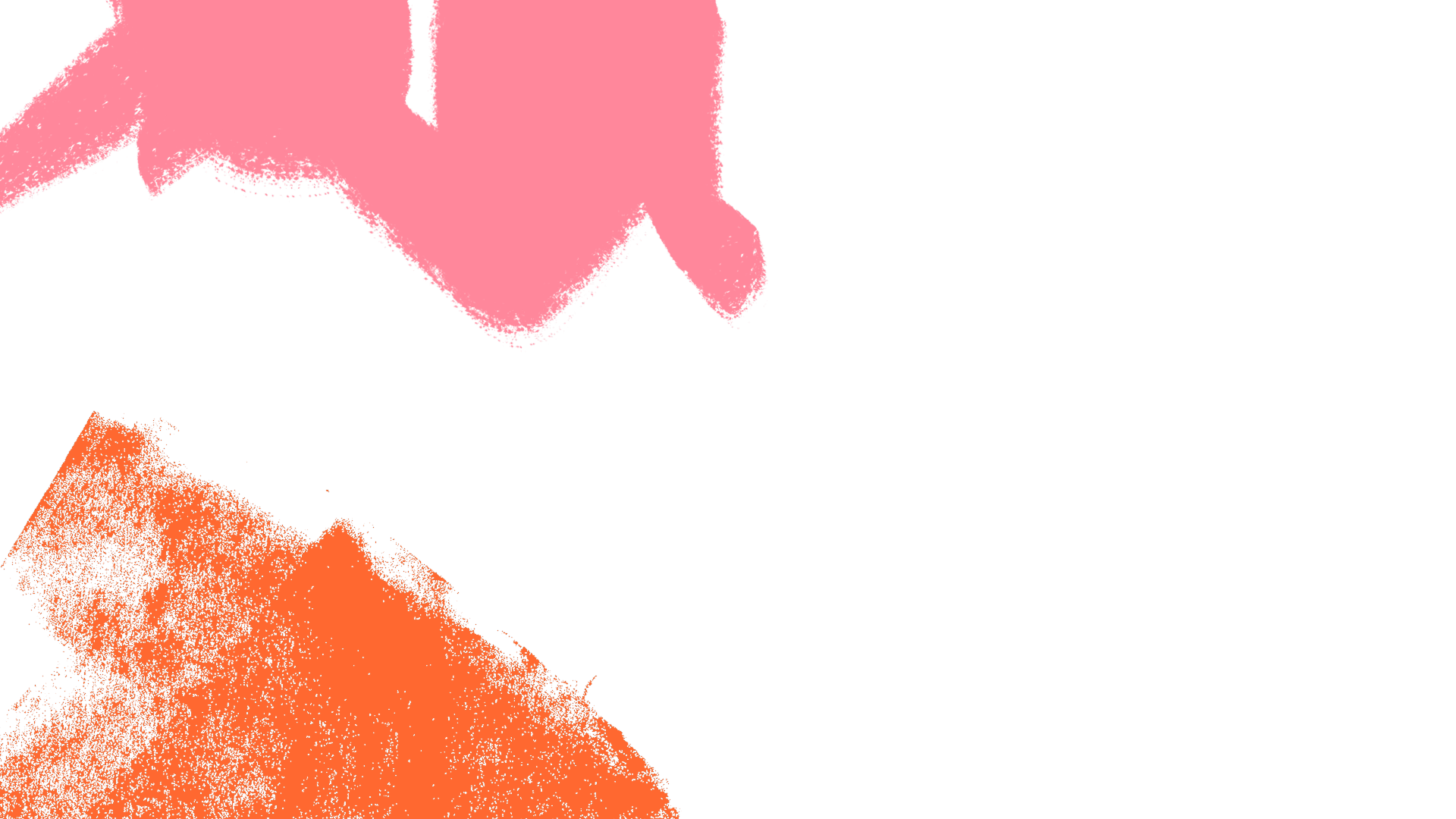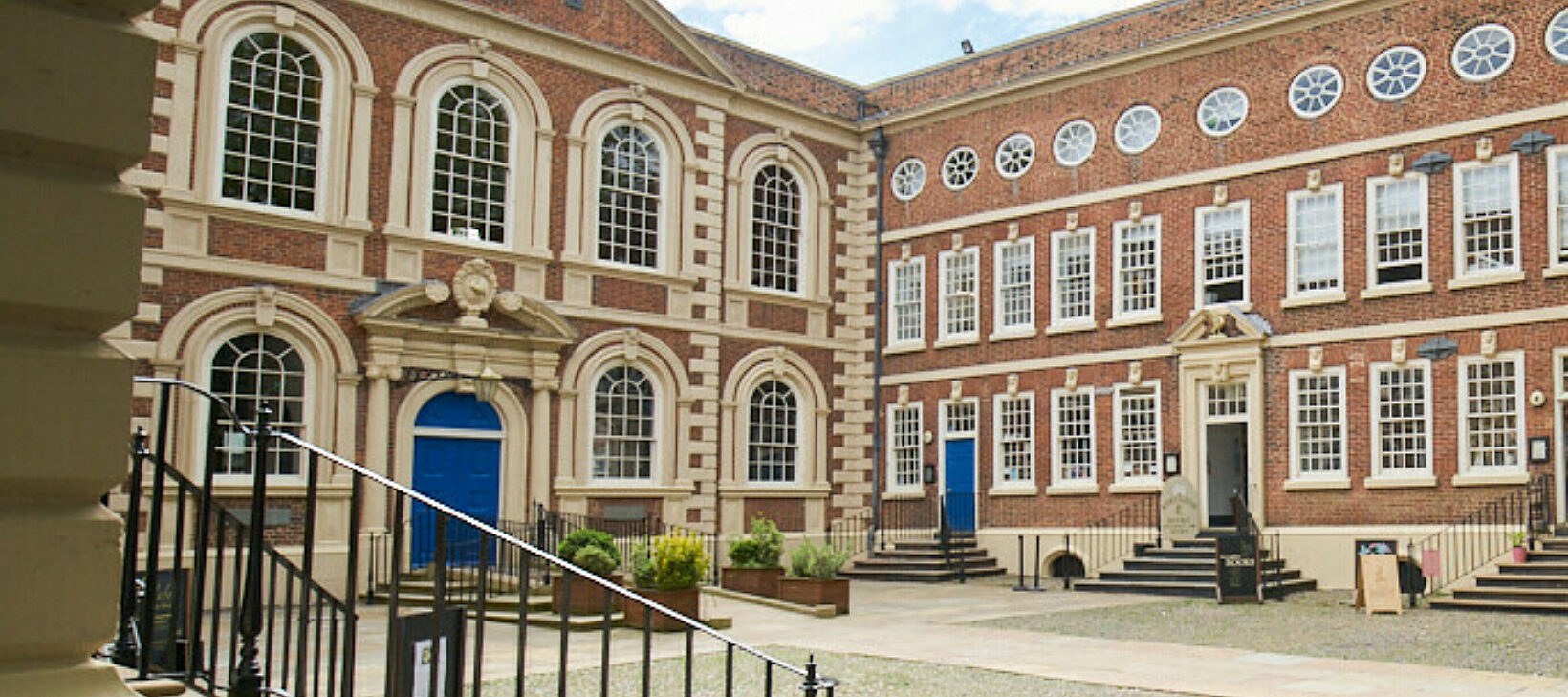At the Bluecoat we want to bring art into life – for everyone. But as recent government figures show, the arts remain difficult for many people to access.
The DCMS Participation Survey shows that in the first three months of this year the gap in arts participation between the least and most deprived people in the country rose from 6.4% to 7.2%.
It's a small but significant increase. So what's behind this trend? The DCMS figures are taken from when we were just emerging from Covid restrictions, and the pandemic has undoubtedly widened inequalities that are going to increase further during the cost-of-living crisis.
But these aren’t transient challenges, society is suffering from chronic inequality, and it’s important that we acknowledge that the role of arts organisations goes beyond just responding to this. We have a responsibility to be a catalyst for change.
There is consensus in the sector that we need to think differently about how 'the arts' are created and disseminated. Who is making the art? Who is choosing what is presented in galleries, theatres, and concert halls? To combat inequality in the arts and address engagement we need to shift to a distributed, diverse, and inclusive artistic leadership.
At the Bluecoat we believe that encouraging and supporting people from all kinds of backgrounds to embark on a career in the arts will eventually make art and culture more relevant for everyone. As new cohorts of artists, curators, and leaders emerge, they’ll deliver work that reflects the experience of their own lives and communities, and more people will find points of connection with the arts.
We have a strategy for artist development that’s focused on supporting people to build and sustain a career in the arts, including those who have not followed a traditional route. Studio Me, for instance, is a Bluecoat space and programme that enables learning disabled and neurodivergent artists to gain experience of creative studio practice and develop professional skills. And our PIVOT programme in partnership with Castlefield Gallery in Manchester supports mid-career artists based in the North West through an 18-month programme of mentoring, coaching, studio visits and individual bursaries of £5,000.
Equally important is inspiring the artists and art lovers of the future through learning and outreach programmes. One example is our Out of the Blue after school club that provides art experiences for 5–11-year-olds who might not normally have access to them. As well as weekly sessions in schools, the young participants get the opportunity to work with local and national artists on a range of projects. Children from Leamington School, for instance, helped to commission an artwork for our current exhibition Are you Messin?
We know these approaches are successful and make a difference. But they aren’t cheap. It will take bold investment to tackle chronic inequality and support initiatives that can close the gap highlighted in the DCMS Participation Survey.
Alongside these initiatives, we are also keen to build an evidence base of academic research looking into social mobility and the class barriers to progression in the arts. A collaborative doctoral award with University of Liverpool for a PhD student will start this Autumn, drawing on archival records of the Bluecoat’s programmes in three different decades and the artists we worked with.
As an arts centre with a long history of engaging with the city and its communities, we are also developing an increasingly civic role through our programmes and partnerships. A recent example of this was a collaboration with The Royal Society of Arts (RSA) on a half-day conference exploring levelling up in the North, with perspectives from a range of speakers on issues such as employment, skills, regional inequalities, culture-led regeneration and devolution. Providing a space in which ideas can be shared and debated, alongside opportunities for creative exploration and expression, are ways in which the arts can bring people together and enrich lives, while at the same time helping to address issues of inequality and increase access to the arts for all.
At the Bluecoat we have started to meet this challenge.

